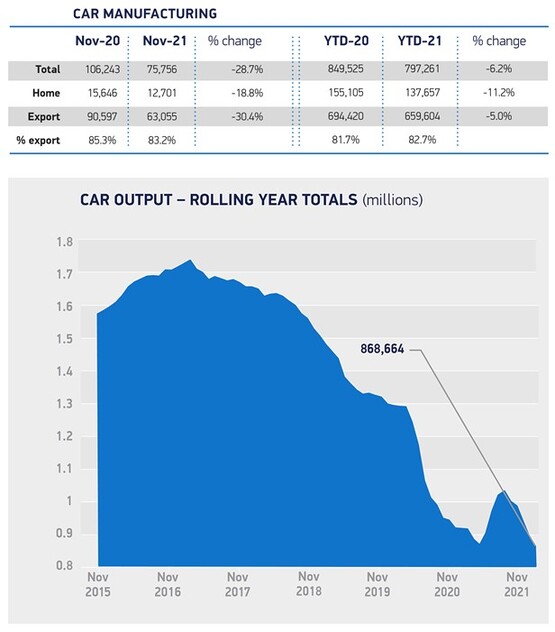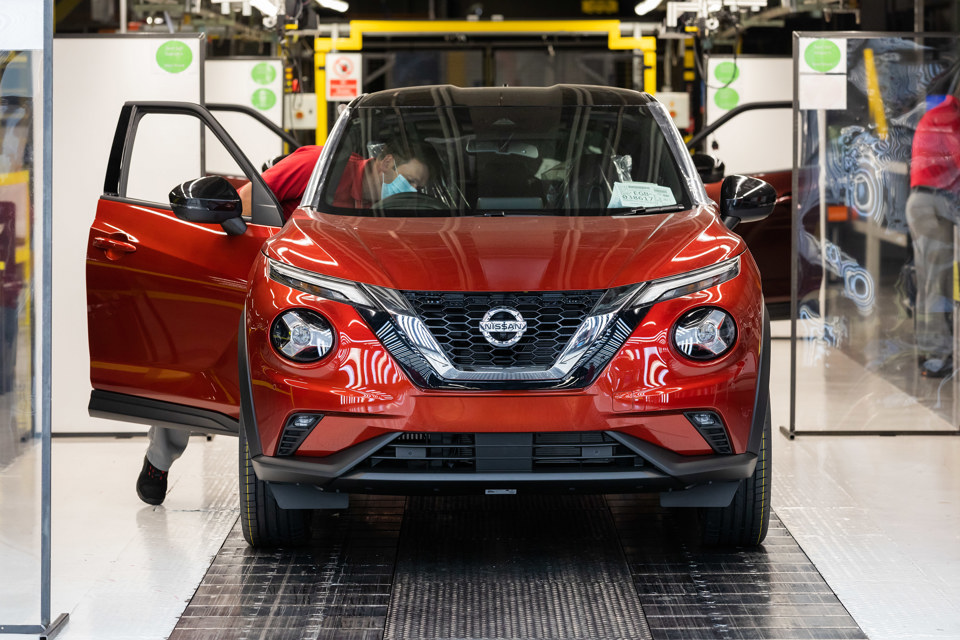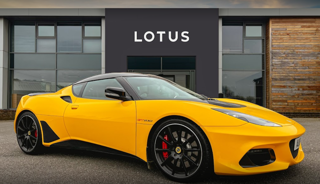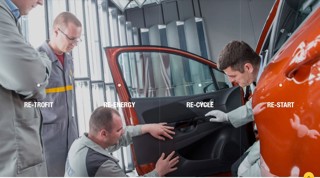Only 75,756 cars were built in the UK in November, the worst performance for the month since 1984.
It was the fifth consecutive decrease as global vehicle manufacturers continue to be dogged by component supply issues, particularly related to semiconductors.
Year-to-date, UK car plants have turned out 797,261 units, some 432,794 less than pre-pandemic 2019 and 667,441 off the five-year pre-COVID average for the period of 1,464,702 cars.
In November production for both domestic and overseas markets declined, down -18.8% and -30.4% respectively, as 30,487 fewer cars rolled off factory lines, the Society of Motor Manufacturers and Traders stated.
 It pointed out that exports accounted for more than 80% of all cars produced last month, which it said reinforces the need for smooth international trade, especially with the EU, as new customs controls with the bloc come into effect on January 1, 2022.
It pointed out that exports accounted for more than 80% of all cars produced last month, which it said reinforces the need for smooth international trade, especially with the EU, as new customs controls with the bloc come into effect on January 1, 2022.
Continuing the recent trend, British production of battery electric, plug-in hybrid and hybrid cars took a record share of production, accounting for around a third (32.7%) of all cars made in the month, and more than a quarter (25.5%) over the year-to-date.
Battery electric vehicle output, in particular, was up in November by 52.9% to 10,359 units, hitting a new high of 13.7% of all production, more than double the level a year ago.
Mike Hawes, SMMT chief executive, said: “These are incredibly worrying figures, underscoring the severity of situation facing the automotive industry.
"COVID is impacting supply chains massively, causing global shortages - especially of semiconductors - which is likely to affect the sector throughout next year.
"With an increasingly negative economic backdrop, rising inflation and Covid resurgent home and abroad, the circumstances are the toughest in decades.
"With output massively down for the past five months and likely to continue, maintaining cashflow, especially in the supply chain, is of vital importance. We have to look to government to provide support measures in the same way it is recognising other Covid-impacted sectors.
“The industry is as well prepared as it can be for the implementation of full customs controls at UK borders from 1 January but any delays arising from ill-prepared freight or systems will place further stress on businesses that operate ‘just in time’.
"Should any problems arise, contingency measures must be implemented immediately to keep cross border trade flowing smoothly.”






















Login to comment
Comments
No comments have been made yet.